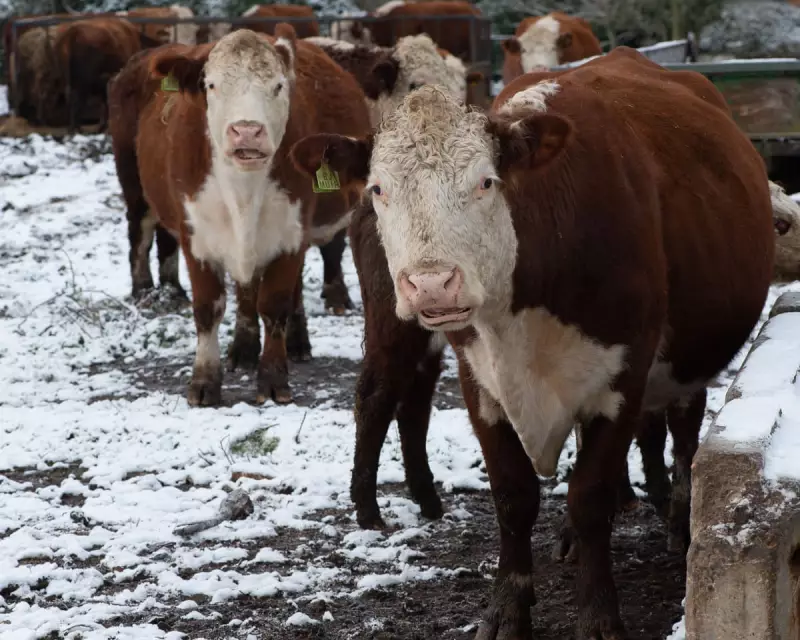
‘Forest City’ Vision Sparks Fears for UK Food Security
A controversial plan to build a vast new ‘forest city’ in the Cambridgeshire countryside is facing significant criticism from environmental and planning experts. The proposal, which would cover a massive 18,000 hectares (45,000 acres), is being challenged for its potential to destroy some of England's most productive agricultural land.
The High Cost of Development on Prime Farmland
Jon Reeds of the organisation Smart Growth UK has raised a crucial alarm. He points out that the development would consume a huge area of scarce Grade 2 farmland, which is among the best and most versatile soil in the country. Furthermore, an additional 4,800 hectares (12,000 acres) would be designated for a new forest. While planting trees is often seen as environmentally positive, in this context it comes at the direct expense of vital food-producing capacity.
The UK's food security is already in a precarious state. The nation currently produces little more than half of the food it needs. This domestic shortfall is compounded by growing international instability, including the threat to agricultural exports from Ukraine, a key European breadbasket.
The Complex Reality of Sustainable Development
Proponents of the project may focus on the environmental benefits of new forestry, but critics argue this overlooks the full picture of sustainability. True sustainable development is a complex endeavour that requires a careful balancing of land uses.
While modern farming must undoubtedly become more nature-friendly, it is a mistake to dismiss its existing ecological value. Even conventional arable land supports significant biodiversity, including soil flora and fauna, and farmland birds. Sealing such a vast area of soil under concrete and tarmac, and generating increased levels of air, noise, and light pollution adjacent to newly planted woodland, could severely undermine any potential ecological gains from the forest itself.
The debate highlights a critical tension in environmental policy: the need to build new homes and create green spaces must be weighed against the imperative to protect the nation's ability to feed itself from its own resources.





